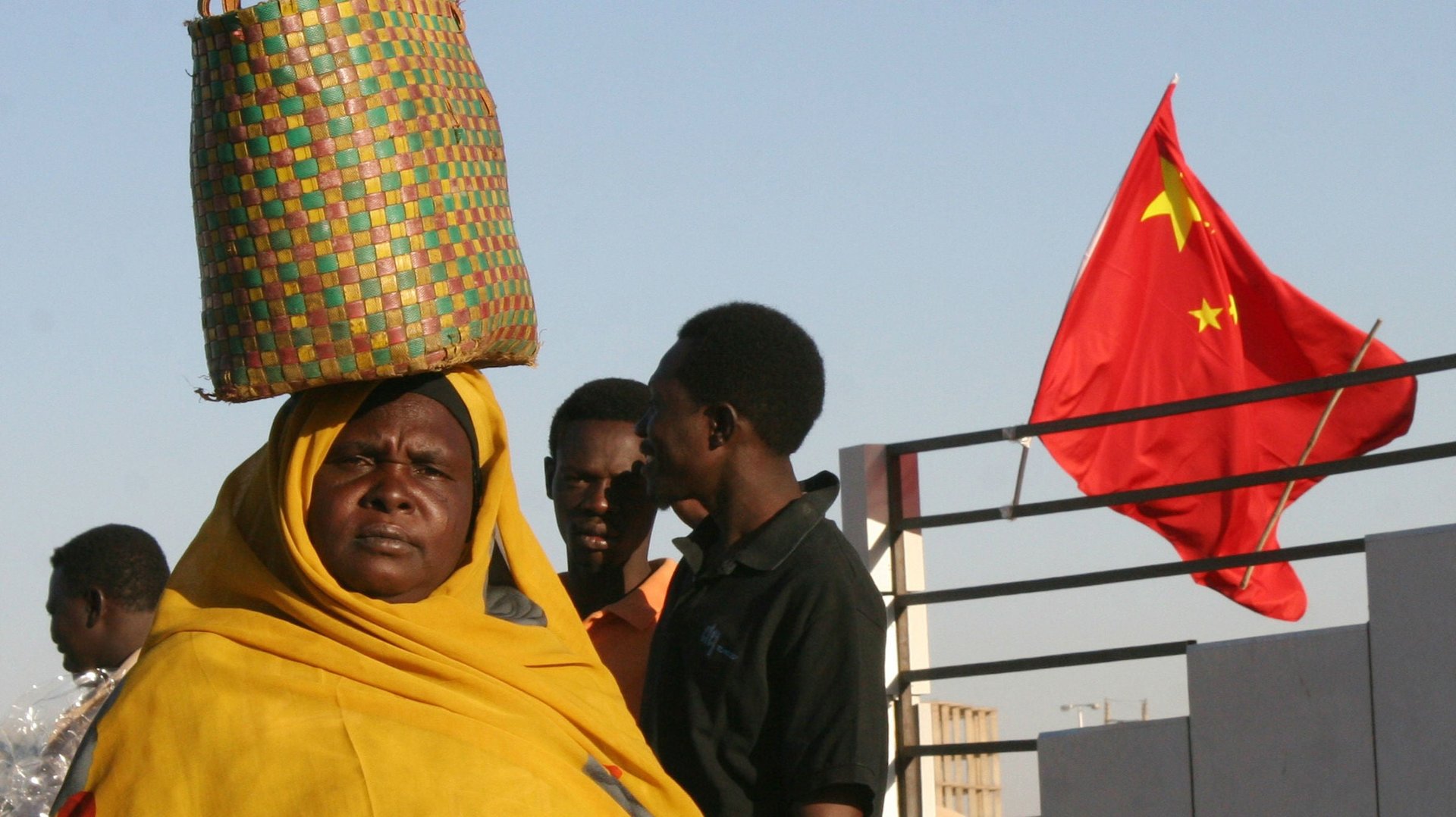China hates being called a neocolonialist but it could improve Sino-African ties
Xi Jinping’s visit to the BRICS summit in Africa this week has been accompanied by a chorus of allegations that China is turning into the world’s latest neocolonial power.


Xi Jinping’s visit to the BRICS summit in Africa this week has been accompanied by a chorus of allegations that China is turning into the world’s latest neocolonial power.
For about the past seven years, the Chinese have been criss-crossing the continent, building roads, railways, ports and dams and winning access to minerals like copper, uranium, ore, and oil needed to fuel China’s economic growth.
China has long faced accusations of poor practices in the region, but recent clashes between Chinese managers and African workers and competition from cheap Chinese goods have prompted African officials to start speaking up. Nigeria’s central bank head Lamido Sanusi wrote in the Financial Times (paywall) earlier this month, ”Africa is now willingly opening itself up to a new form of colonialism…we must see China for what it is: a competitor.” South Africa President Jacob Zuma, while expressing support of Sino-African trade, repeated a comment he made last year that Africa risked being pushed around by China (paywall).
China has reasons to to deny the neocolonialist label. Beijing says it is not intervening in local politics, as European colonial powers have done in Africa in the past. China argues that it pays fairly for the resources it gets. China’s relationship with African countries is a business relationship of equals, Xi said on March 25.
In important ways, China has been good for African nations. At the same time that Chinese trade with the continent has exploded from $20 billion in 2001 to $200 billion in 2012, African countries reported some of the world’s fastest growth. Zambia-born economist Dambisa Moyo told the China Daily on March 25 that Africa needs China to generate trade and jobs. This week, Xi promised to uphold a previously promised $20 billion credit line to African nations in the next three years to go toward infrastructure, farming, promoting small businesses, and training Africans.
But that doesn’t mean there aren’t serious problems with how Chinese officials and firms, mostly state-owned, operate in China. The willingness of Beijing to work with whoever is in power means that China has supported oppressive leaders and human rights violations in Zimbabwe, Angola and South Sudan. Some argue China is also exporting its penchant for massive and too often shoddy infrastructure projects. A Chinese-built hospital in Angola had to be closed for fears it would collapse on patients in 2010, and a road built by a Chinese company in Zambia was easily eroded by rain.
Whatever the accuracy of the accusations that China acts the part of a neocolonial power in Africa, they strike a chord with the communist nation that claims it is one of few world powers that has never ruled another country. (Beijing claims Tibet is part of China.) And they could push China to be more accountable. That is especially so given its need for African resources; crude oil from Africa makes up 30% of China’s oil imports.
China’s special envoy to Africa today said China should encourage more Chinese companies to employ African workers. Speaking in Tanzania on March 25, Xi said, “China frankly faces up to the new circumstances and new problems in Sino-African relations.” Acknowledging that is at least a start.